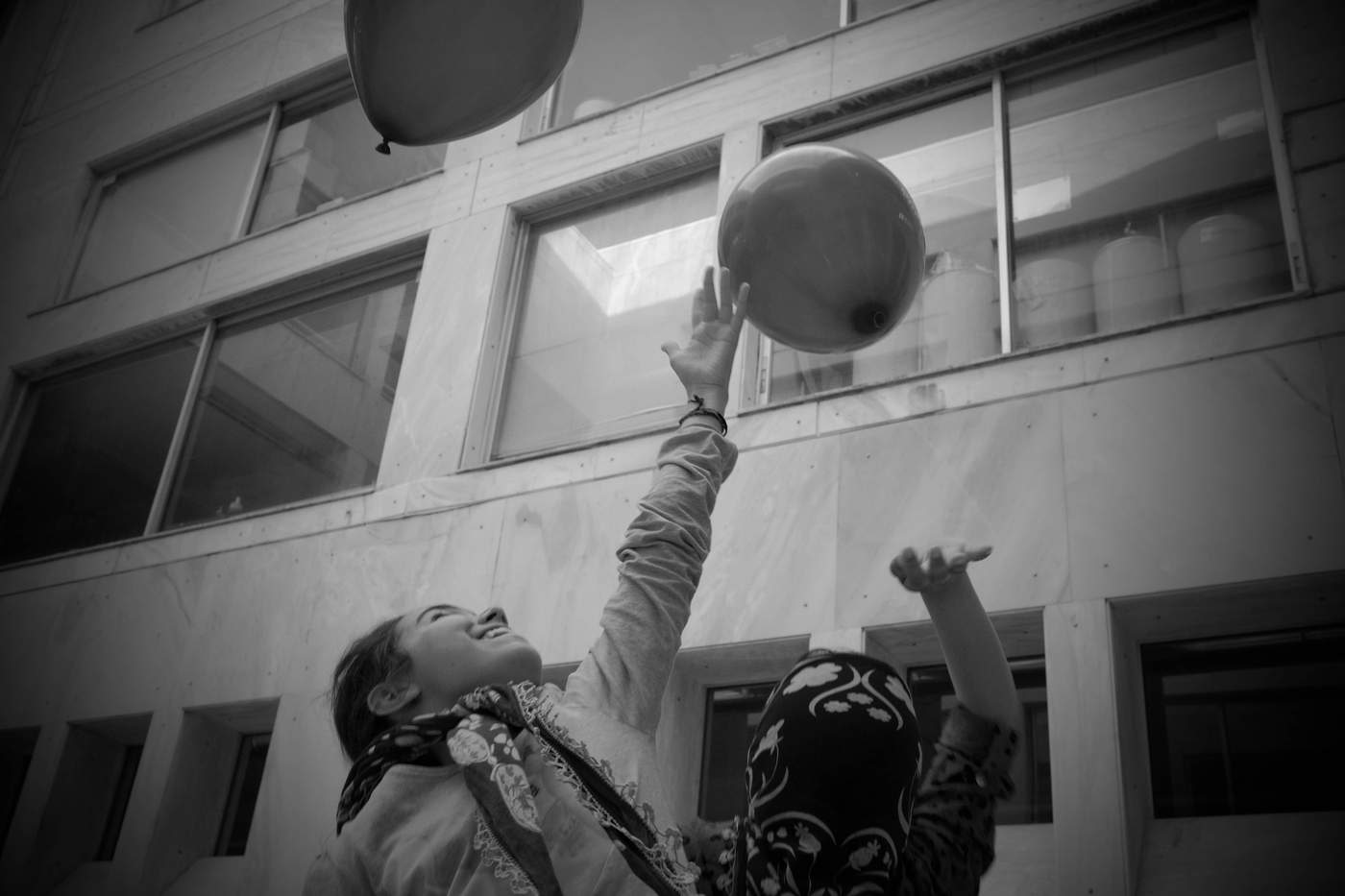Coding for Refugees
Partner with us and find out how we are supporting young refugees entering the school system in Greece

The micro:bit – a pocket-sized programmable computer – gives refugee youths confidence in digital literacy and prepares them for life outside these camps

1.1 million refugees have passed through Greece since 2014


There are around 18,000 children living in camps throughout the country

Sarah, 15, is one of 4.9 million Syrian refugees who have fled Syria since 2016. She has been living with her family at Skaramagas refugee camp for nine months.



Using the Learning Centre laptops provided by UNICEF, Sarah comes to the classroom to learn about computer coding using the micro:bit.
"I love this subject, and I wanted to learn new things in my life"
Sarah, June 2018


Katerina Tsikalaki has been teaching young refugees at the Skaramagas Learning Centre since January 2018, with a particular classroom focus on science and mathematics.

"The growth in children’s confidence whilst learning with micro:bit is immediately apparent."
- Katerina Tsikalaki, Trainer
"The children can really be creative with the micro:bit. It’s sensors make it easy for them to use for experimentation across many subject areas – they can code fun maths games with it, but they can also use it to measure acceleration from their bicycles and skateboards!"

"A lot of them came back and said 'we want to learn more'!"


Sarah's mother steps out of her family container to talk about her daughter Sarah's education:
"For me, education is vital. The education of my children is most important and that’s why I had to leave Syria. I have older children than Sarah who were in universities in Syria, but the universities were closed by Da’ish(ISIS) so there was no education left. Sarah had been out of school for two years before coming to Skaramagas. We left Syria to Turkey, and from Turkey came through land to Greece."
"I hope my daughter Sarah can study like her siblings did, perhaps to pursue an engineering subject like her siblings... maybe she’ll consider a career in computing."
"For any subject that she may take in the future, computer skills will be a useful part of that learning."
- Sarah's mother

''These lessons will be useful for me one day... everybody needs to know how to use a computer''


